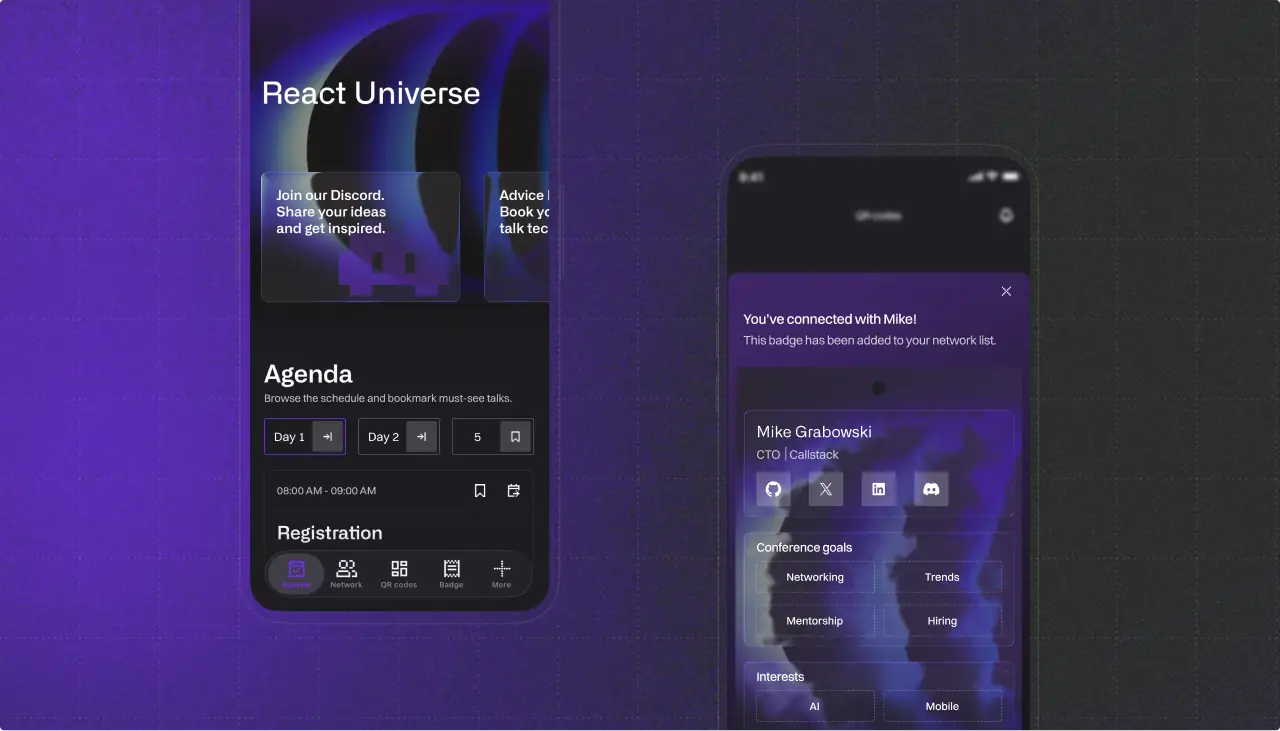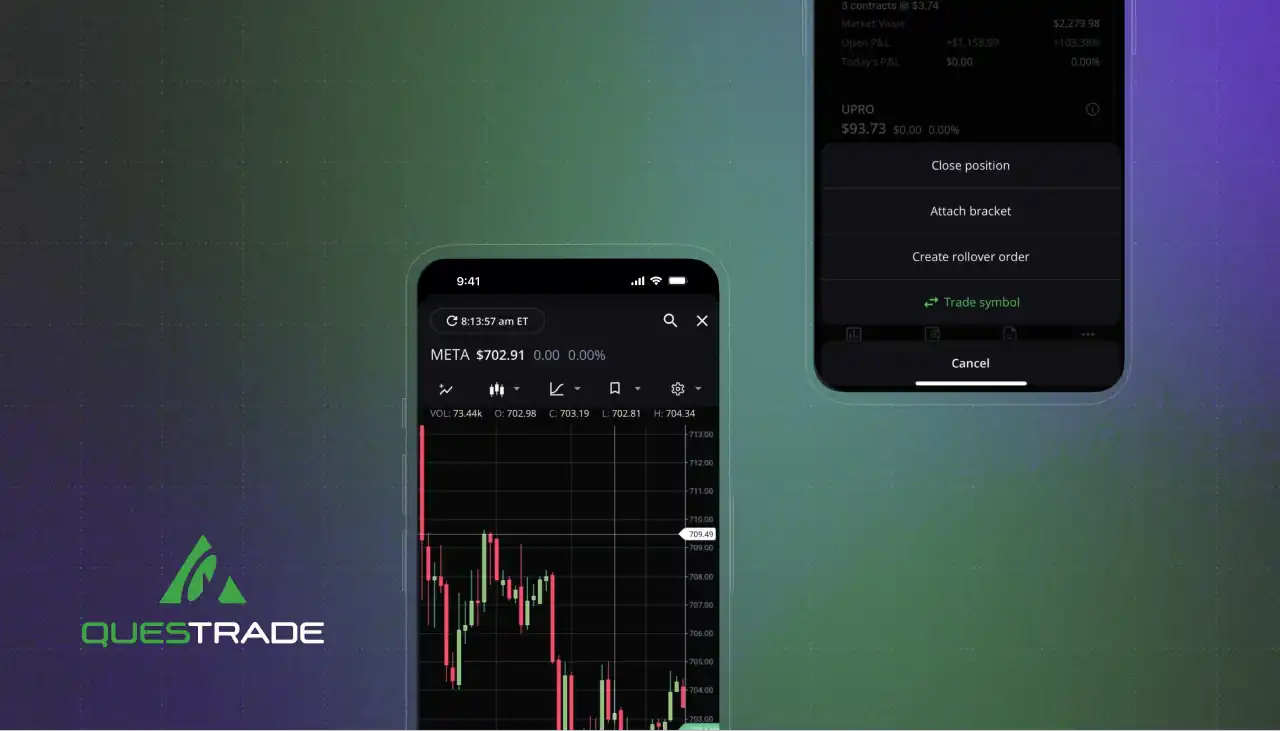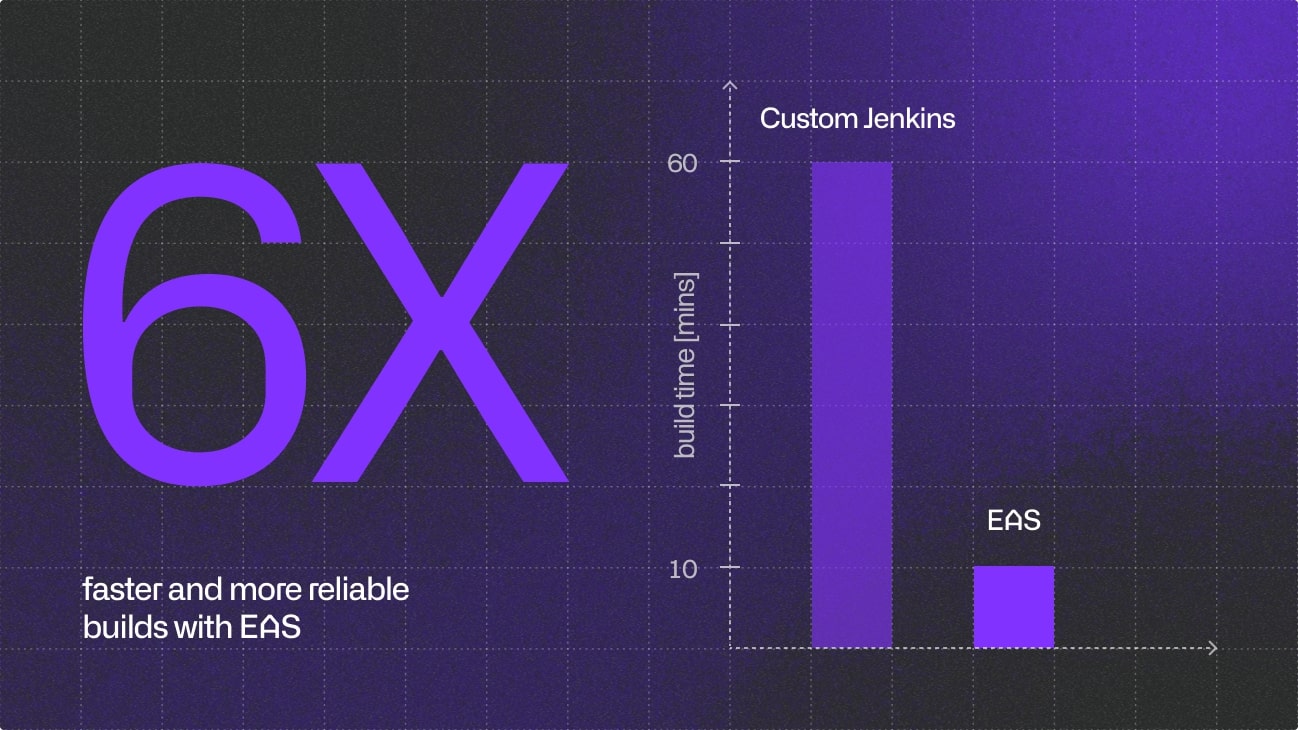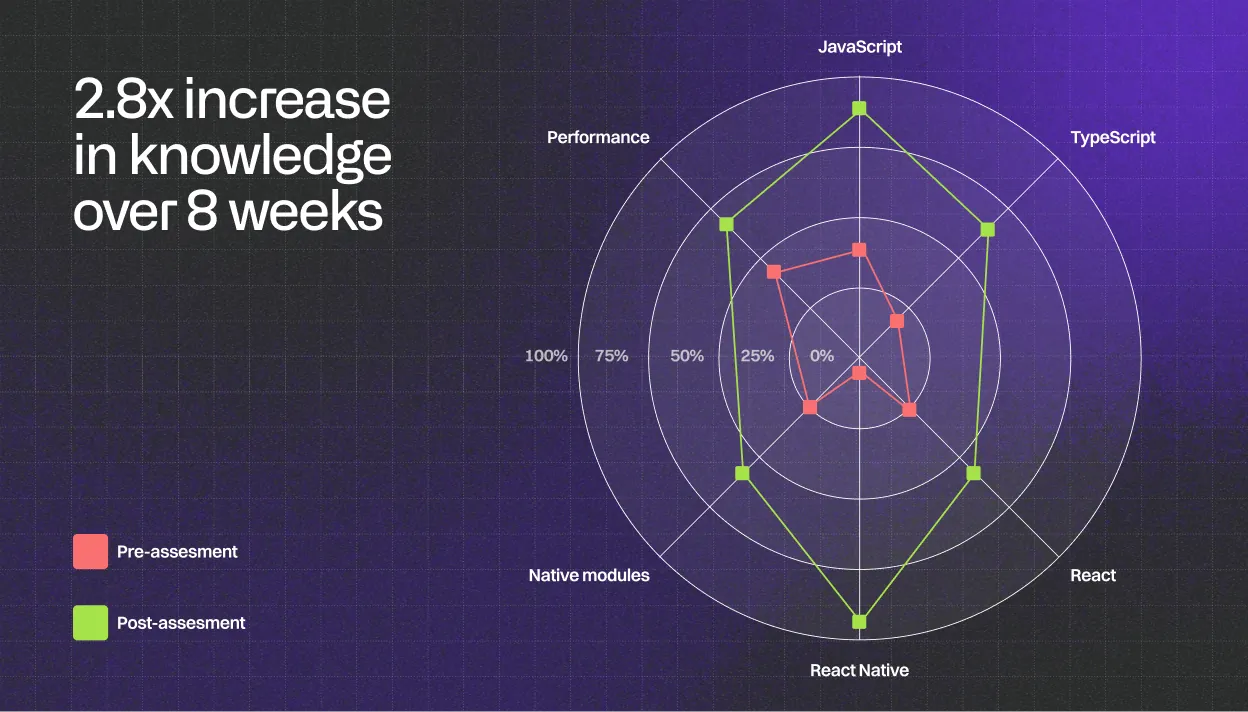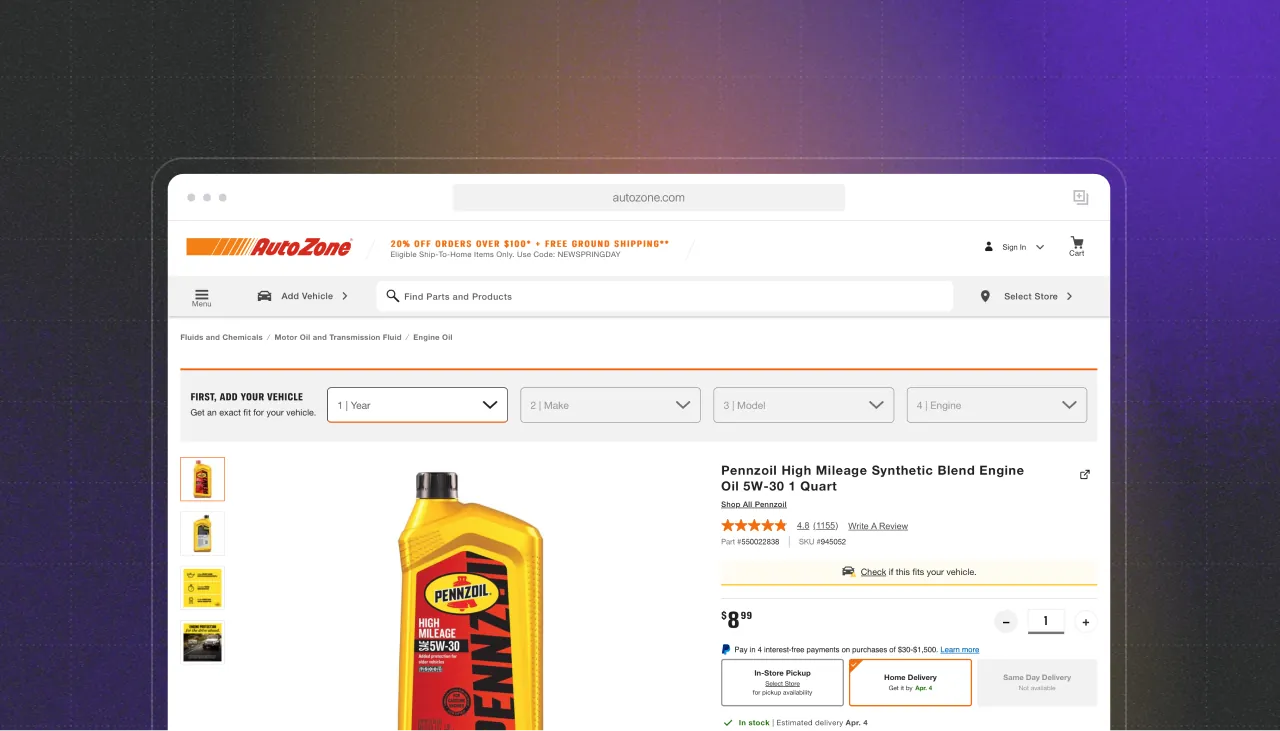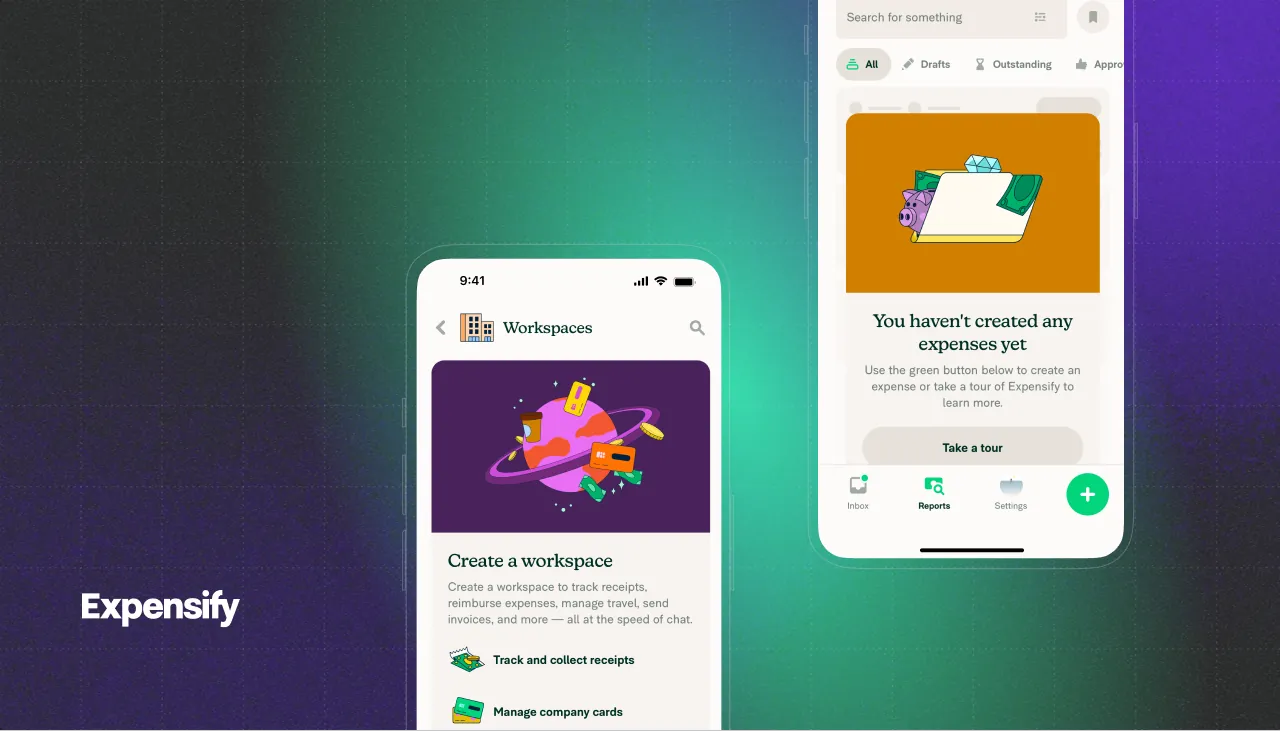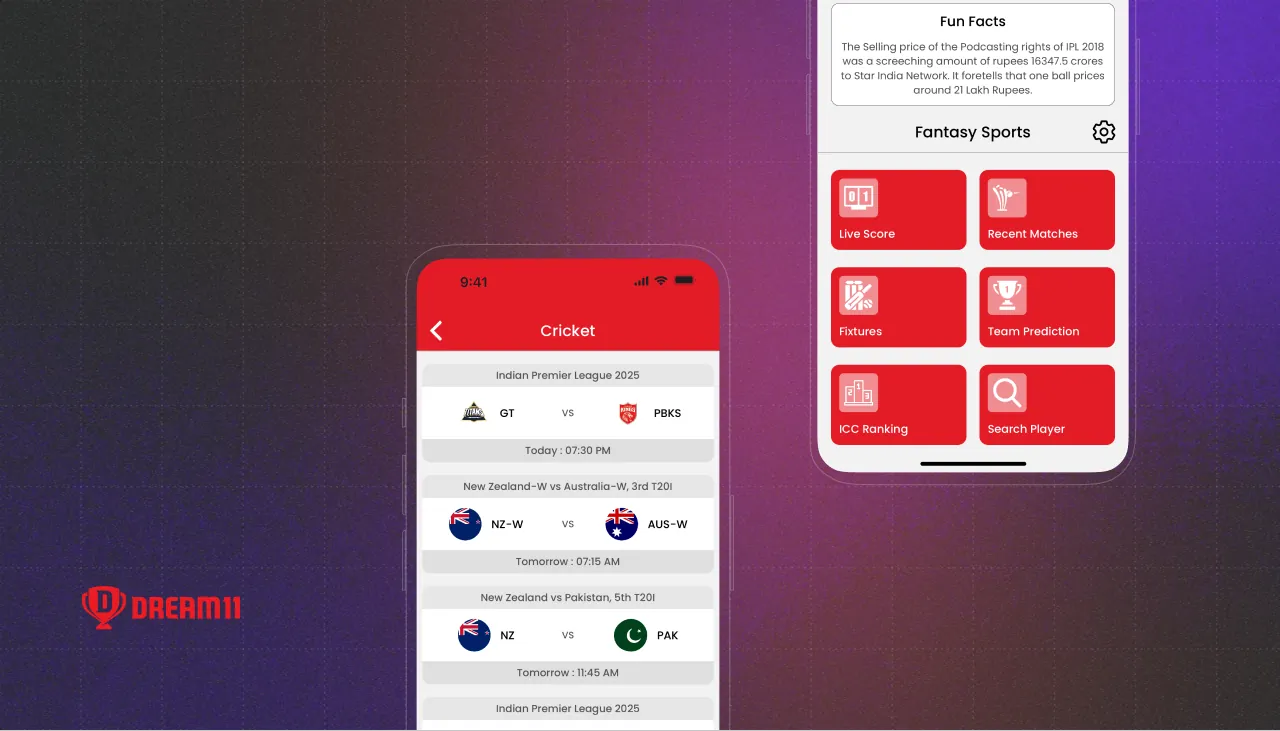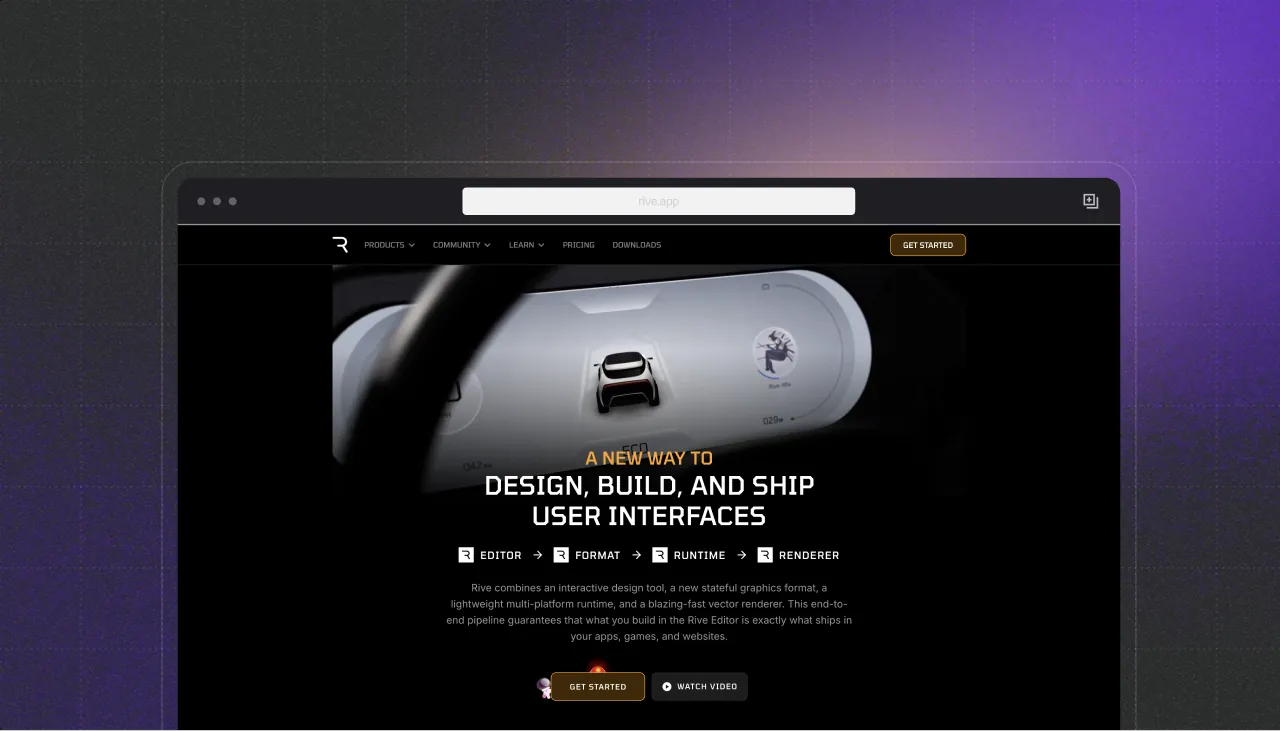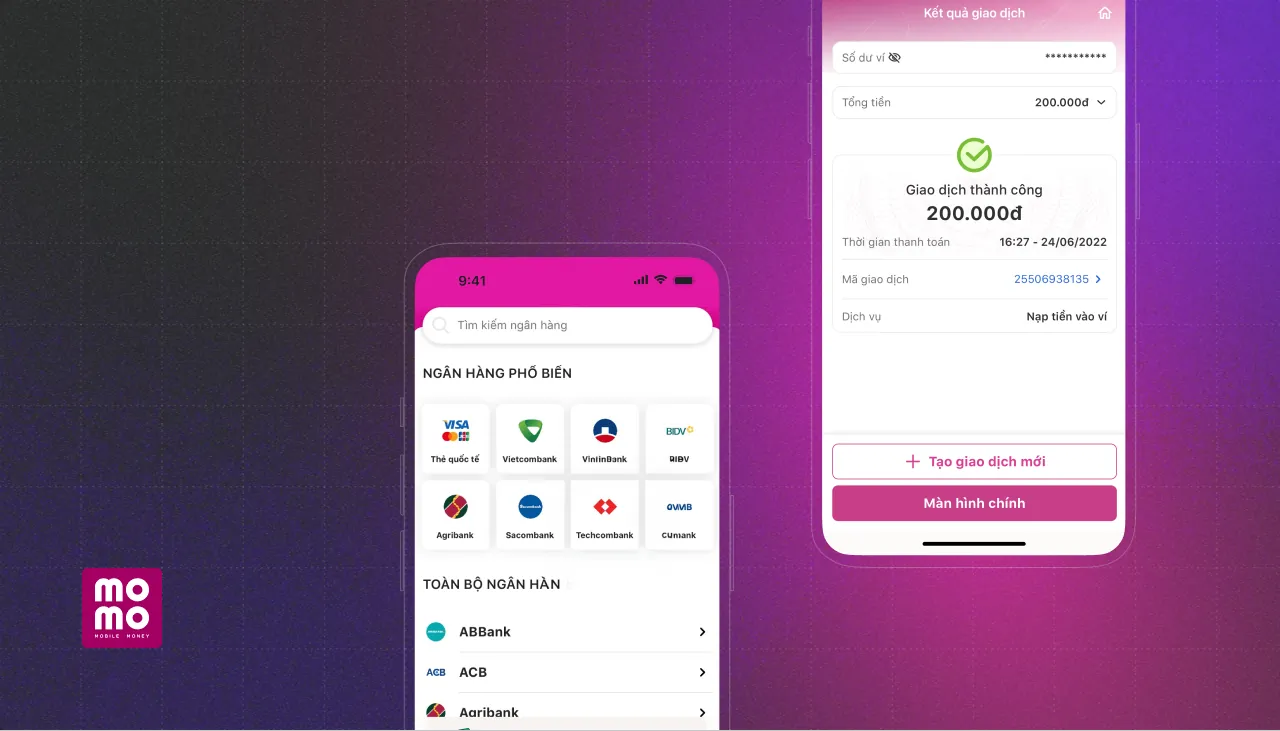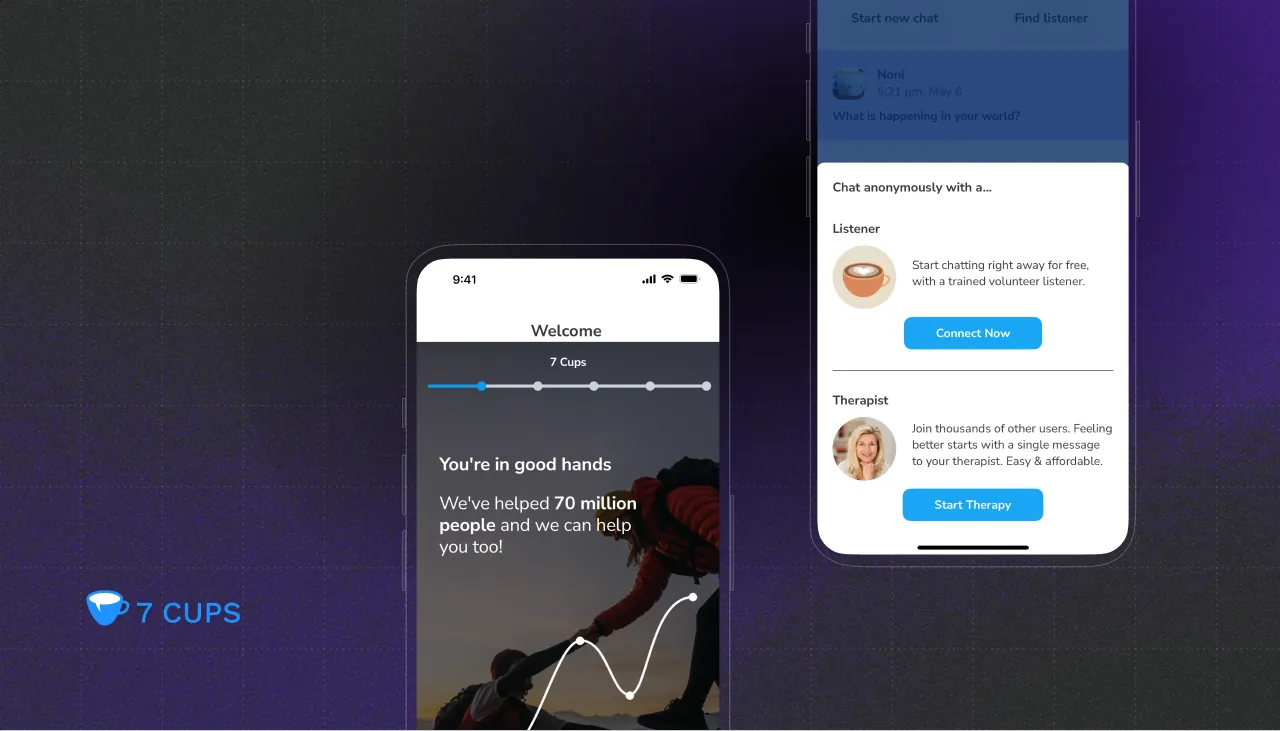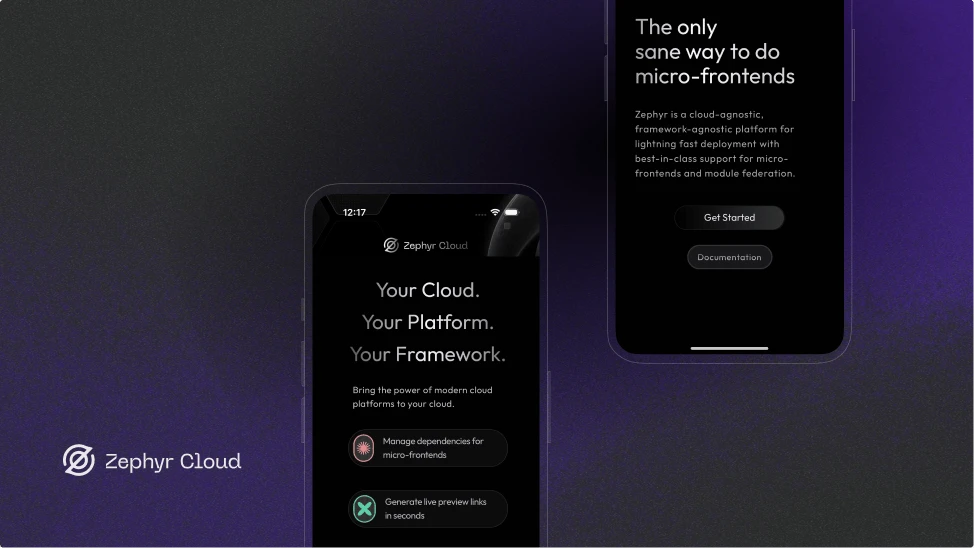Optimizing Android TV startup by disabling JS bundle compression
We identified a performance bottleneck in an enterprise streaming app and introduced a simple change that improved startup time by up to 5% on Android-based platforms, without any major refactoring.



Unexpected delays in TTI
While the client did not report any specific performance issue, we proactively identified an area for optimization during our ongoing collaboration.
Our R&D team, while working on The Ultimate Guide to React Native Optimization, surfaced a potential improvement for Android-based platforms, specifically FireTV and FireHD devices. The JS bundle was being compressed, which negatively affected Hermes performance, increasing time-to-interactive (TTI).
Performance gains without major code changes
Disabling JavaScript bundle compression
We shared the insight with the Delivery team and verified that compression of the JavaScript bundle was indeed enabled. While this configuration can be beneficial in some contexts, it was causing Hermes engine deoptimization during app startup.
The fix was straightforward: we disabled JS bundle compression. This adjustment, while minor in code, had a measurable impact on startup performance.
This change will also become the default behavior in React Native 0.79, teams can benefit from the same performance gain simply by upgrading.
Beyond the implementation itself, what made this effort unique was the way it came about. Rather than waiting for client-side reports, we proactively surfaced and solved the issue, demonstrating the value of a deeply embedded technology partner.

Faster app startup improves user experience
Disabling JavaScript bundle compression led to noticeable improvements in app startup times across Android-based platforms. By preventing Hermes deoptimization during initial load, we reduced Time-to-Interactive (TTI) without introducing risk or complexity to the build process.
- FireTV (3rd Gen) TTI changed from 13.36s to 12.73s
- FireHD 8 TTI changed from 14.02s to 13.53s
- 0 code rewrites needed, change was applied at the build config level
- 1-line change to unlock performance gain, soon default in RN 0.79
While the change was purely technical, the downstream effect directly enhanced user experience, especially on performance-sensitive platforms like smart TVs. Faster startup helps apps compete more effectively in environments where users expect immediate responsiveness.
- Faster app startup improves user experience across devices
- The results bring performance more in line with competitive TV apps
- Reduces risk of regression in periodic performance testing
Unexpected delays in TTI
Expertise we brought to this project
That’s how we made this project successful. Learn more about each service and how it can support your team.
Streaming App Development
Build low-latency streaming apps that work across all leading platforms with maximum performance.
React Native Performance Optimization
Improve React Native apps speed and efficiency through targeted performance enhancements.

How we’ve solved similar challenges
See more examples of how we solve architecture, performance, and scale challenges with tailored React and React Native solutions.
